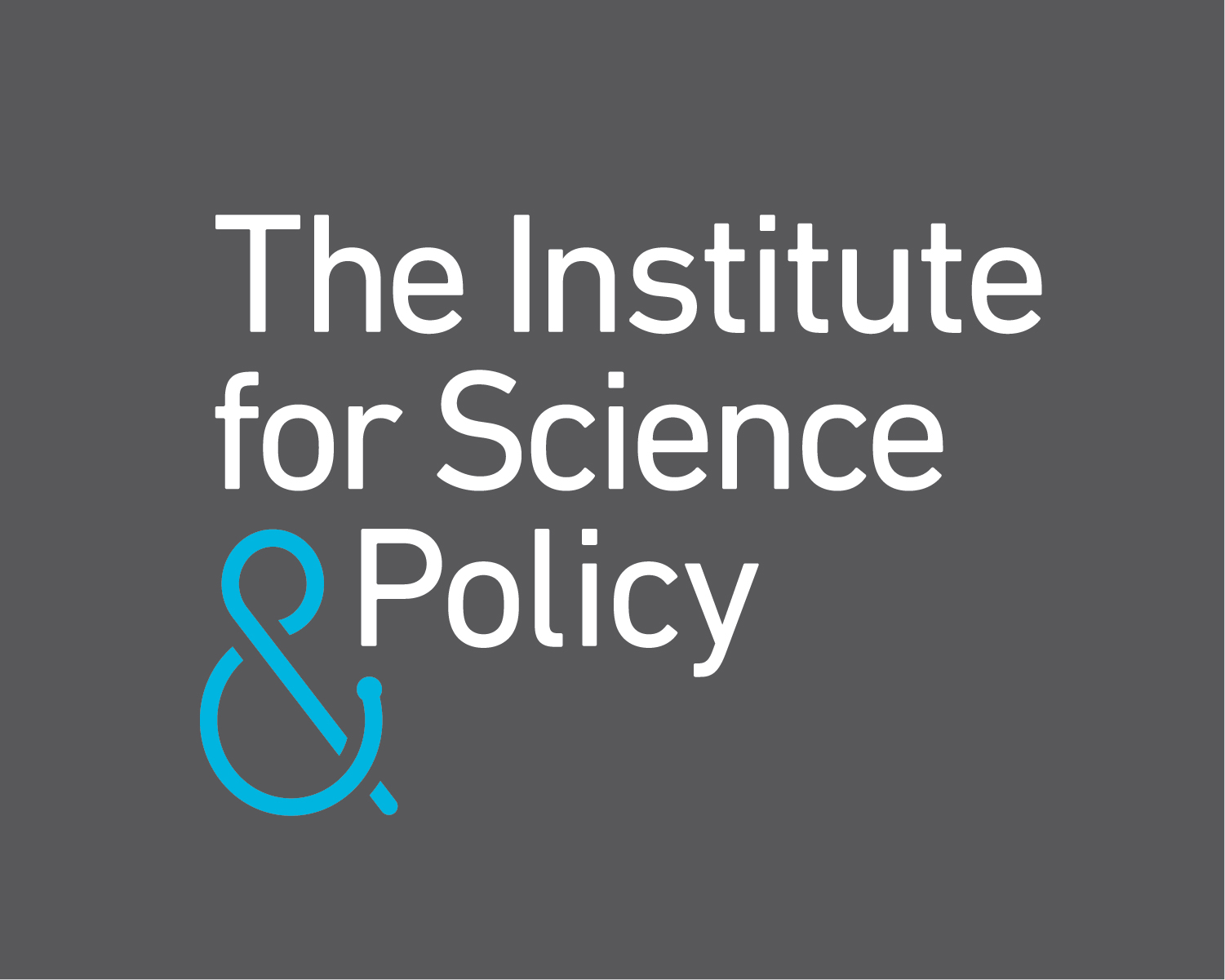2021 Call for Submissions: Equity & Climate Change
This call for submissions is now closed. Please watch this space for future writing opportunities.
In science, government, business, and many other institutional settings, the power to set policy conveys tremendous advantages to those who wield it. Historically, however, decision-making access has never been particularly equitable or inclusive. Those without economic or cultural power are often left behind during times of change. For example, many rural communities are facing disproportionate impacts from the transition away from fossil fuels. The burden of environmental pollution has typically fallen hardest on Black, Latino, Hispanic, and Native populations. Academia suffers from a lack of diversity in its senior ranks, as does the federal workforce. Many voices are left unheard.
As cities, states, and countries grapple with creating climate change policies that will shape the next several decades, the Institute welcomes contributor essays inspired by the following:
What would a truly equitable approach to climate policy look like? What are the economic and social tradeoffs to consider? How do cultural values help or hinder us? And how can science inform outcomes that are more inclusive?
We encourage you to take creative directions with this prompt. Tell us about interesting new peer-reviewed research in this area, or make a case for an approach that has the potential to move the issue forward. Are there individuals or organizations who are already doing something unique in this space? Do you have a personal story or firsthand experience that you can incorporate?
Submission guidelines:
- Email a pitch of no more than 150 words to the Institute with the subject line “Perspectives 2021” and your surname. The pitch should convey a sense of what you intend to cover and your key point(s).
- Published essays will be edited to a length of 1,000 – 1,200 words.
- All material should be written for a general, non-technical audience with minimal jargon.
- Data, references, and external quotations must be hyperlinked, footnoted or otherwise credited wherever possible.
- Graphics, images, and other supplementary multimedia materials are welcome with appropriate permission from the rightsholder(s).
- Submissions are generally expected to be original, unpublished work. Excerpts or adaptations from previously published material will be considered on a case-by-case basis.
- The Institute reserves the right to edit, abridge, and/or decline publication of any submission at any time for any reason, at the sole discretion of the Institute team.
- The Institute is non-partisan and does not advocate for policy positions. All published submissions will be accompanied by the following disclaimer: The Institute for Science & Policy is committed to publishing diverse perspectives in order to advance civil discourse and productive dialogue. Views expressed by contributors do not necessarily reflect those of the Institute, the Denver Museum of Nature & Science, or its affiliates.
The Institute will offer payment of $500 for all accepted submissions. Pitches will be reviewed on a rolling basis and writers may expect a decision within 7 days. Submissions must be received by 11:59 p.m. Mountain Time on Wednesday, June 30 to receive full consideration. Writers of color are strongly encouraged to apply.
Essays assigned for publication will be edited in collaboration with the Institute staff and published in mid- to late September on the Institute’s website.
About the Institute for Science & Policy
Established in 2018, the Institute for Science & Policy at the Denver Museum of Nature & Science is a catalyst for solving problems through civil dialogue and scientific thinking. Situated at the intersection of science, policy, media, and community engagement, the Institute is designed to become a trusted convener and honest broker, working across divides to help address our most complex state, national, and global challenges. The Institute is a non-partisan 501(c)(3) nonprofit organization.
Disclosure statement:
The Institute for Science & Policy is committed to publishing diverse perspectives in order to advance civil discourse and productive dialogue. Views expressed by contributors do not necessarily reflect those of the Institute, the Denver Museum of Nature & Science, or its affiliates.

